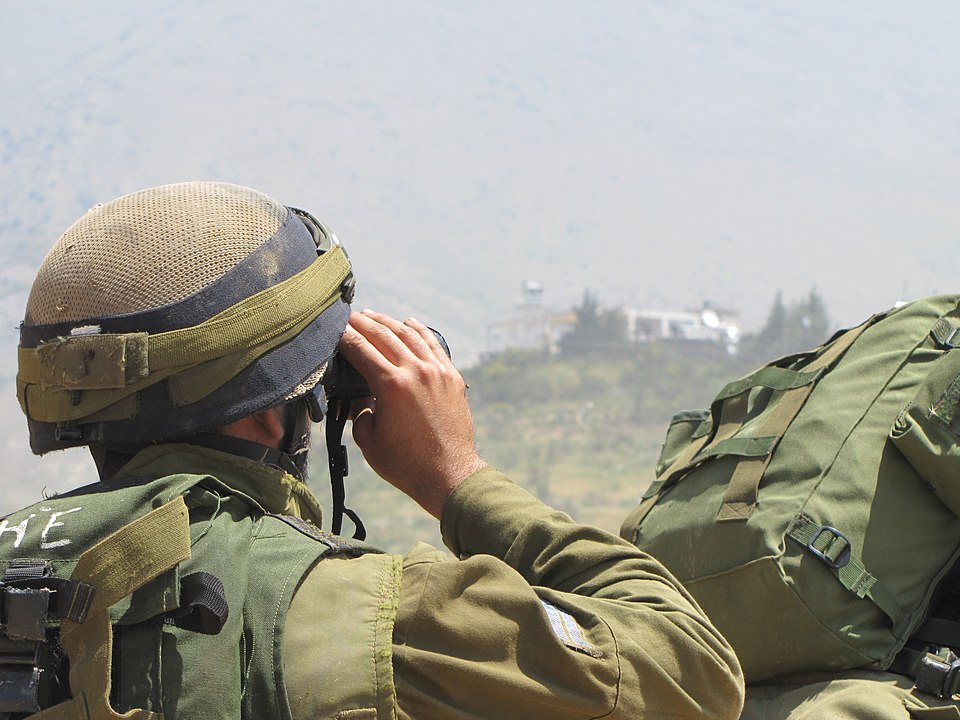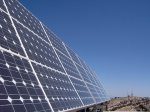
At the G7 summit in Canada, world leaders urged a broader de-escalation of hostilities in the Middle East — including a ceasefire in Gaza — but stopped short of directly calling for a ceasefire
between Israel and Iran.
The joint statement, signed by all G7 members including U.S. President Donald Trump, affirmed Israel’s right to self-defense and described Iran as a source of regional terror that must never obtain a nuclear weapon. The carefully worded appeal aimed to preserve unity among G7 nations while avoiding more pointed demands that could divide the group.
The summit was overshadowed by mounting tensions between Israel and Iran. President Trump left the gathering early, citing “big stuff” back in Washington but denying it was tied to any ceasefire efforts. His press secretary later said his departure was due to “events in the Middle East,” though she offered no further detail.
Before departing, Trump posted on Truth Social urging Iranians to evacuate Tehran — a move that sparked speculation about potential U.S. military involvement alongside Israel, though American officials have denied such plans. Reports also indicated that Trump ordered a meeting of the National Security Council upon his return.
Trump later criticized French President Emmanuel Macron for suggesting he was working on a ceasefire, saying Macron “always gets it wrong” and insisting his return was for “much bigger” reasons.
Despite the controversy, Trump’s departure meant he missed scheduled meetings with Ukrainian President Volodymyr Zelensky and Mexican President Claudia Sheinbaum. Still, the White House touted successes at the summit, including a U.S.-UK trade agreement and potential future deals with Canada.
Meanwhile, the conflict between Israel and Iran continues to escalate. Israeli strikes on Tehran triggered air defenses and hit Iranian state TV, while Iranian missiles targeted Tel Aviv. Reports say at least 224 people have died in Iran and 24 in Israel since the start of hostilities.
Israel claims to have established control over Iranian airspace, but has not yet destroyed Iran’s nuclear facilities. Analysts say only U.S. weaponry can reach Iran’s most fortified sites.
The G7 statement concluded by reiterating support for Israel’s security and warning that Iran “can never have a nuclear weapon.” Despite apparent differences, all leaders agreed on the need to avoid further regional escalation. Photo by Israel Defense Forces, Wikimedia commons.









































